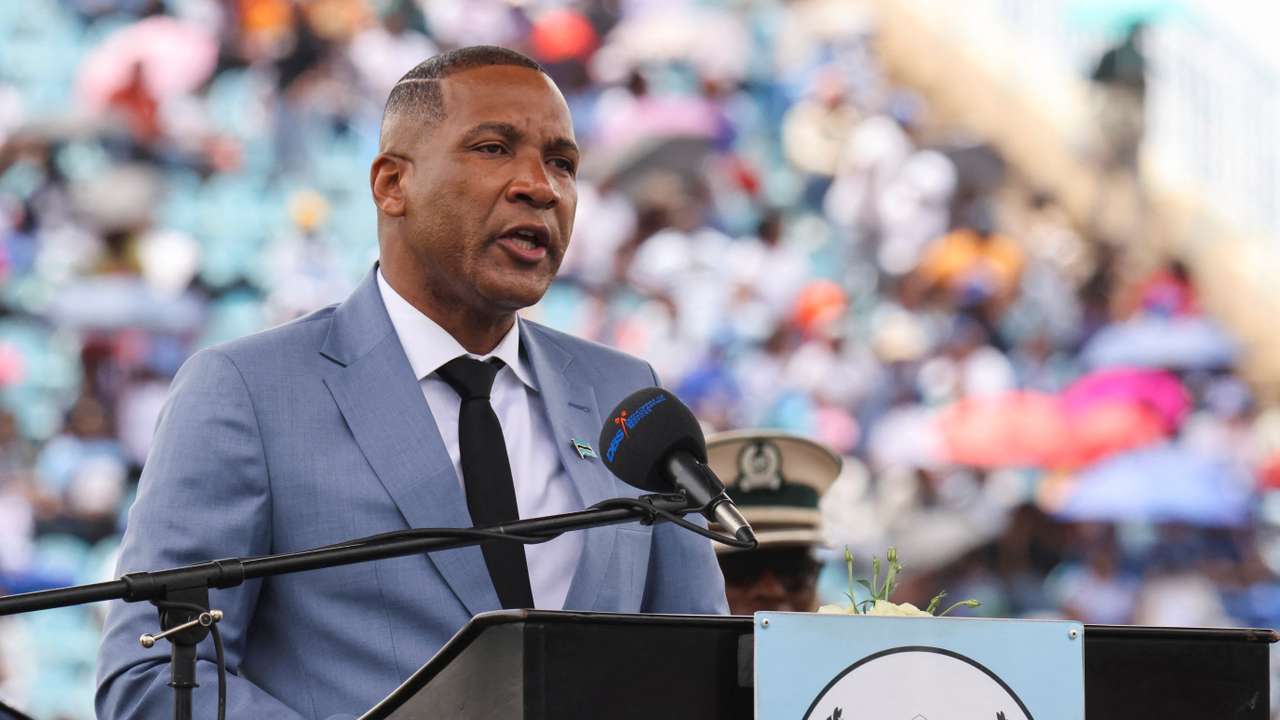Botswana Roundup: Malaria reduction target, Russia-Ukraine war, Death penalty

Botswana off-track in Malaria reduction target
A World Health Organisation (WHO) report has revealed that Botswana is unlikely to meet its 2025 malaria reduction target under the Global Technical Strategy (GTS). The 2024 World Malaria Report highlights a 40% rise in malaria case incidence in 2023, citing surveillance challenges as a key issue. The country aimed for a 75% reduction in malaria cases but is not on track, according to the Sunday Standard.
Botswana supports ending Russia-Ukraine war
Botswana has reaffirmed its commitment to democratic values and its support for the end of the Russia-Ukraine conflict. Speaker of the National Assembly, Dithapelo Keorapetse, welcomed Ukraine’s ambassador, Dr. Oleksiy Syvak, during a courtesy visit, Daily News reports. Keorapetse emphasised the importance of human rights and upholding international law, adding that Botswana’s foreign policy aligns with the UN Charter and peaceful governance.
Health sector revival underway
The government has made significant progress in the health sector as the Ministry of Health (MoH) ramped up efforts to address long surgical waiting lists. Out of 200 orthopaedic patients awaiting treatment, 120 have received surgeries, thanks to resource mobilisation and partnerships with private healthcare providers. According to Mmegi Online, patients have been distributed across Princess Marina Hospital, Sir Ketumile Masire Teaching Hospital, and Mahalapye District Hospital to improve efficiency. According to the Health Ministry, these efforts align with the government’s commitment to universal health coverage.
Feminist groups criticise president’s GBV remarks
Feminist Alliance Botswana (FAB) and the GBV SOS Lobby Group have criticised President Duma Boko’s recent comments on Gender-Based Violence (GBV). During the Cabinet Orientation, the president questioned the categorisation of GBV as a subset of violence, a stance feminist groups described as a missed opportunity to advocate for stronger policies against GBV. In an open letter, the groups urged the President to focus on actionable strategies to combat assaults, harassment, and violence against women and girls, emphasising that GBV is a distinct and critical issue. The groups asserted that the president's remarks “risked undermining the urgency of GBV as a national priority, which we believe should be deemed a state of emergency. We are concerned by remarks suggesting that ministers are being scapegoated for GBV. In a democracy, public accountability is not scapegoating, it is a duty. Citizens have the right to question and evaluate government actions, particularly in crises such as the GBV epidemic," the Guardian Sun quotes.
Botswana votes against UN death penalty moratorium
The United Nations Resident Coordinator in Botswana, Zia Choudhury, has expressed concern over Botswana’s decision to vote against a UN resolution for a moratorium on executions. The resolution, aimed at abolishing the death penalty, received support from 130 member states. Sunday Standard reports that Botswana was among the 32 countries that voted against the measure. Choudhury warned that the death penalty makes miscarriages of justice irreversible and urged reconsideration of its use as a punishment.